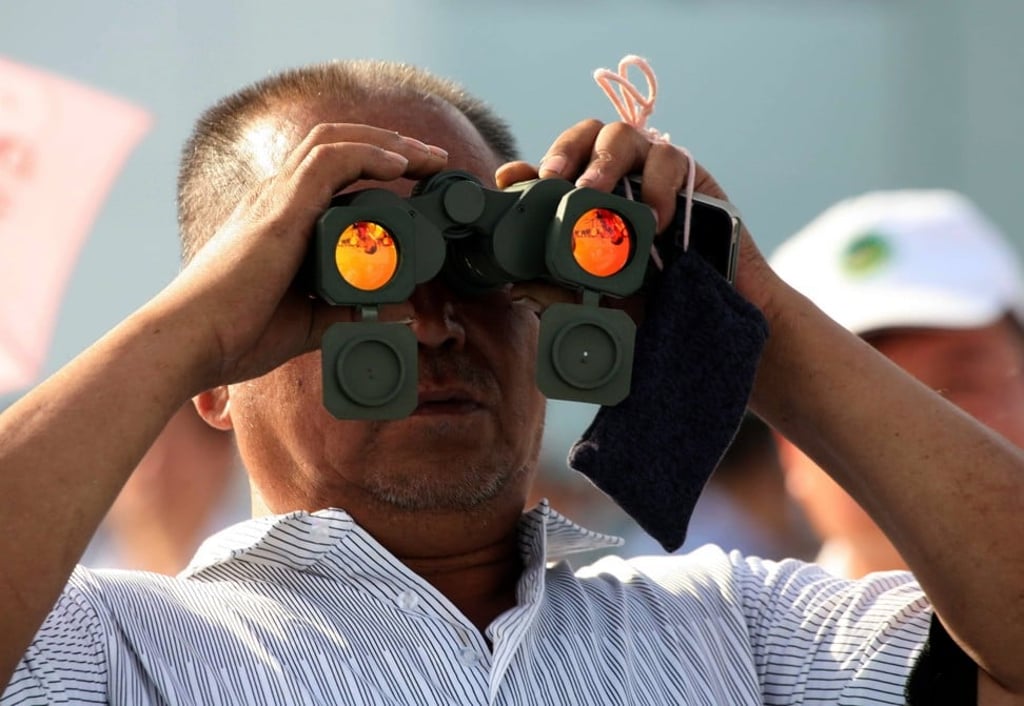Telescopes dispute brings US-China trade war into sharp focus with Chinese firms accused of ‘cartel-like behaviour’
- Orion Telescope & Binoculars, the last major American telescope brand and distributor, is seeking US$180 million in damages from Chinese manufacturers
- Documents provided to the South China Morning Post suggest collusion in the purchase of Meade Instruments

In a legal dispute that focuses on some of the driving issues behind the US-China trade war, the last major American telescope brand and distributor is seeking US$180 million in damages from Chinese manufacturers that it alleges acted as a cartel.
The antitrust case, which will proceed to trial in the Northern District of California, sees Chinese companies accused of colluding to “coordinate the manufacture, marketing and distribution of telescopes in the US” in a way that has squeezed the profits of an employee-owned American firm.
Orion Telescope & Binoculars claims it has been the victim of “a conspiracy” cooked up by companies that were rivals on paper, but which it alleges were in cahoots in the build up to an acquisition that allowed them to act with “cartel-like behaviour”.
Orion claims that documents, provided to the South China Morning Post, show that executives at Sunny Optics, a subsidiary of Ningbo Sunny Electronics, and the Chinese subsidiary of Synta Technology Corporation, a Taiwanese company, corresponded in the lead up to Sunny’s purchase of Meade Instruments.

Meade was, at the time of the purchase in 2013, described by industry press as “the leading designer and manufacturer of telescopes and optical accessories for professional and amateur astronomy enthusiasts worldwide”.
Synta, meanwhile, was already the owner of Celestron, Meade’s biggest US rival and a producer of popular telescope products.